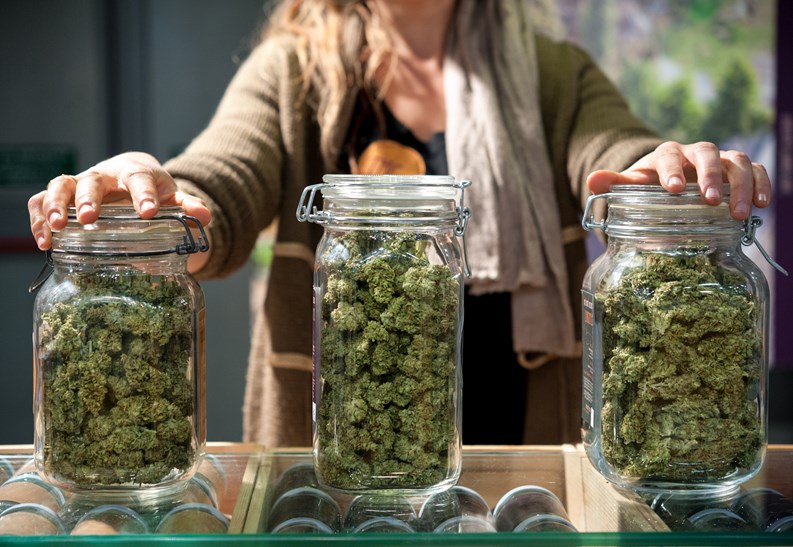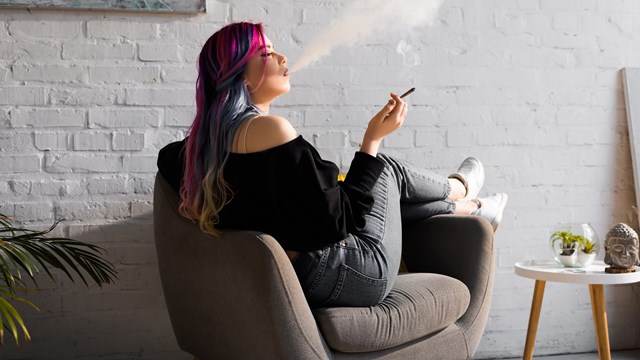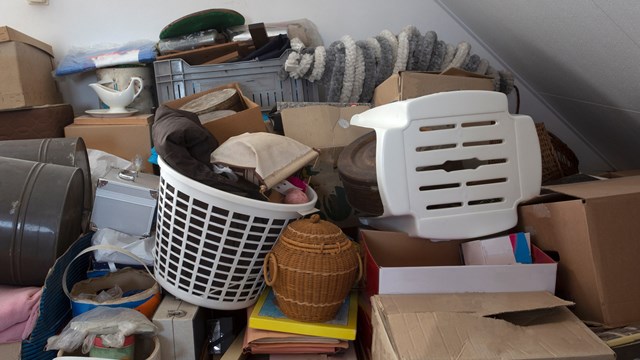With the advent of legislation legalizing marijuana for both medical and recreational purposes in a number of U.S. states, many co-op and condo communities are now faced with a new quality-of-life issue. Apartment living is of course very different from living in a detached single-family home. What one resident does in their apartment may significantly impact their neighbors in adjoining units. Secondhand tobacco smoke has long been a chronic problem in multifamily communities—and now many boards are concerned that if cannabis use increases thanks to legalization, it will add a new layer of complication to smoke complaints.
Is Smoke...Smoke?
Perhaps the overarching question is whether boards can treat different kinds of smoke in their buildings and HOAs differently. Are all smokes equal under the law, or are some smokes more privileged than others? Can a co-op or condo community permit tobacco smoking within apartments (or in common areas, for that matter), but forbid the consumption of cannabis?
Secondhand smoke is an issue because in addition to the objectionable odor, cigarette and cigar smoke contains carcinogens, allergens, and irritating particles that can create or aggravate a host of medical conditions in nonsmokers. While a number of credible studies have suggested that marijuana smoke is less harmful than tobacco smoke to both the smoker and those exposed to the smoke secondhand, the fact remains that lots of people don’t want the smell of weed wafting through their home any more than the smell of cheap stogies.
“There is no absolute right to smoke, even in your own apartment, if doing so creates a nuisance or disturbs your neighbors,” says Michelle Quinn, a partner with Manhattan-based law firm Gallet Dreyer & Berkey. “Boards can place restrictions on all kinds of smoking. Most co-op and condo buildings have existing provisions in their proprietary lease and/or house rules that prohibit residents from allowing offensive odors to seep into their neighbors’ apartments or the common areas of the building. Odor nuisances are not limited to smoking, but also include smells from cooking, pets, and hoarding situations. Generally speaking, the limitations on smoking cannabis would be the same as the limitations on smoking tobacco or vaping/electronic cigarettes. It would be extremely difficult to justify permitting one and not the other, since now they are all legal.”
The overall picture in New Jersey is a little different at present. “There are no real regulations adopted yet,” says Scott Piekarsky, an attorney with Philips Nizer, located in Hackensack. “As the law has been effective only since February 2021, no marketing of recreational cannabis has begun yet. Medical marijuana is sold and used, but recreational use hasn’t commenced. That said, people complained about this problem before the change in the law. One of our co-op clients was concerned about the second-hand smoke problem and asked us for advice. The statute speaks to smoking, vaping, and aerosolizing of cannabis. If you’re a co-op, you can prohibit or regulate smoking in the units or common structure of the co-op. Co-op boards have those broad powers, but condos can only institute rules if they’re approved by the association and the majority of unit owners—and they may be limited to regulating the issue in common areas only. Co-op corporations own everything included in their property, but condominium associations only own pieces of common elements. As a co-op shareholder you really are a renter not an owner. By nature of the ownership structure, co-op boards have different rights than condos.”
To Smoke, Or Not to Smoke...
As previously discussed, a co-op or condo board wishing to go smoke-free has its work cut out for it—and can’t really pick and choose what types of smoke to allow or disallow. With that in mind, what effect does going smoke-free have on a community’s existing tobacco smokers? Must they be grandfathered in (which seems a bit contradictory, since the goal of a smoking ban is to eliminate smoke from the building’s environment), or can a board force owners who currently smoke to break the habit?
Quinn reiterates that “the rule would have to apply to all kinds of smoking, since the basis for it would be grounded in the best interest of the building. So permitting one form of smoking and not the other defeats that purpose. Also, if the ban were selectively applied, the building would not be considered ‘smoke-free’ and would not benefit from the higher property values generally commanded by non-smoking buildings; there would still be a risk of fire associated with tobacco smoking, and neighbors would still complain of offensive odors, whether they came from cigarettes or pot.”
Piekarsky agrees. “It’s probably better to ban all smoke, rather than one or the other,” he says, but adds that while “it’s difficult to say right now because the situation is too new, it looks like you could try to prohibit cannabis but not tobacco. There will be challenges to this of course. It should also be taken into consideration when drafting such rules that there are existing tobacco regulations in New Jersey prohibiting smoking in common areas, but those same regulations don’t say you can’t smoke in your unit.” Again, that’s a distinction between the differing forms of co-op and condo ownership and the rights of owners and shareholders.
According to Quinn, “There is no legal or standard requirement for ‘grandfathering’ or otherwise making considerations for smokers already living in the building or HOA. Grandfathering some residents makes enforcing the ‘smoke-free’ policy considerably more difficult due to the pervading nature of smoke and odors,” she says. She also stresses that grandfathering and medical marijuana use are both exceptions to a building’s no-smoking policy. Grandfathering permits those residents who live in the building at the time the new no-smoking policy is implemented to continue to smoke despite the ban.
Piekarsky adds that he believes the law in New Jersey would provide for grandfathering, if a board made the move to ban smoking going forward. “I think there would be grandfathering if you moved in when smoking was allowed. It is a legal thing. A board would be hard pressed to prohibit it for those who bought as smokers. Medical use trumps anything else, so those who require medical marijuana would be able to smoke it without restriction. Use of medical marijuana with a provider prescription is the same thing as allowing emotional support animals in buildings that prohibit pets.”
As with any socially and legally evolving issue, rules around marijuana use in co-ops and condos will almost certainly require updating, adjusting, and amending to reflect the law and uphold residents’ rights. The takeaway here is that whether you approve or disapprove of any type of smoking, going smoke-free in your building or HOA is more complicated than simply drafting a rule; the type of community you live in has a great deal to do with how much unilateral power your board has to make such moves, and the rights of residents already living in the community must be taken into consideration as well. At the end of the day, whether you’re dealing with odor issues around smoke, or contemplating a policy change for your community, do your homework and speak with your legal counsel so you don’t get lost in the haze.
A J Sidransky is a staff writer/reporter for CooperatorNews, and a published novelist.










Leave a Comment